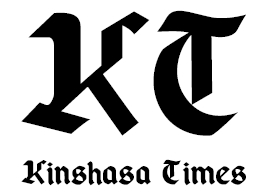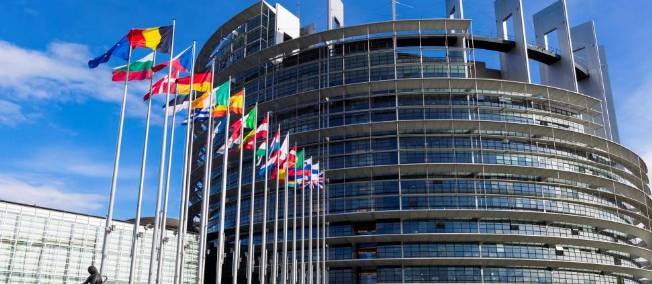On 02 August 2016, the European Union (EU) Delegation to the Democratic Republic of Congo (DRC) called on the Congolese authorities et the opposition to create conditions that are conducive to the swift beginning of the « national dialogue » with a view to « peaceful elections ».
« The EU remains mobilised in favour of the holding of the inclusive dialogue and calls upon the Congolese government as well as other parties concerned to create the necessary conditions for the beginning of the dialogue at the earliest », said the organisation in a communiqué.
The ruling coalition clearly indicated during a rally held in Kinshasa on 29 July 2016 that it was in favour of the dialogue and reiterated its support to the African Union appointed facilitator, Edem Kodjo, whom the opposition rejected.
On 31 July 2016, during a rally in Kinshasa, DRC capital, historical opposition leader Etienne Tshisekedi, president of the « Rassemblement« , an opposition platform formed in Brussels in June, accepted the principle of the « national dialogue », but reiterated his rejection of M. Kodjo.
Towards the end of November 2015, M. Kabila, in power since 2001, convened a « national dialogue » in order to bring around the same table the ruling coalition, the opposition and the civil society with a view to deliberating on the holding of « peaceful elections ».
The opposition consistently boycotted that dialogue, stressing it was a « trap ».
On 31 July 2016, the facilitator, Edem Kodjo, postponed sine die the start of preparatory works of the « national dialogue ».
The « Rassemblement » accused M. Kodjo of playing M. Kabila’s game whom, according to the opposition, the Constitution bans from extending his stay in power beyond his term ending on 20 December 2016, but who is busy trying to circumvent this ban.
A delegation of opponents visited the AU headquarters in order to seek for the replacement of M. Kodjo.
« Rejecting the facilitator at this stage is a red herring », said Henri Mova, Secretary General of the presidential party, the People’s Party for Reconstruction and Democracy (PPRD), accusing the opponents of wanting « to take a short-cut » in order to « rapidly » gain power « as was the case in Burkina-Faso ».
On 31 July 2016, the DRC National Independent Electoral Commission started voters’ registration operations that, according to the electoral body President, Corneille Nangaa, would take « eleven months » to complete. Which would make it impossible to hold the presidential election by year’s end.
A recent ruling by the Constitutional Court authorises M. Kabila to remain in power beyond December 2016 if no election is held, a ruling which, according to the opposition, is « null and void ».


